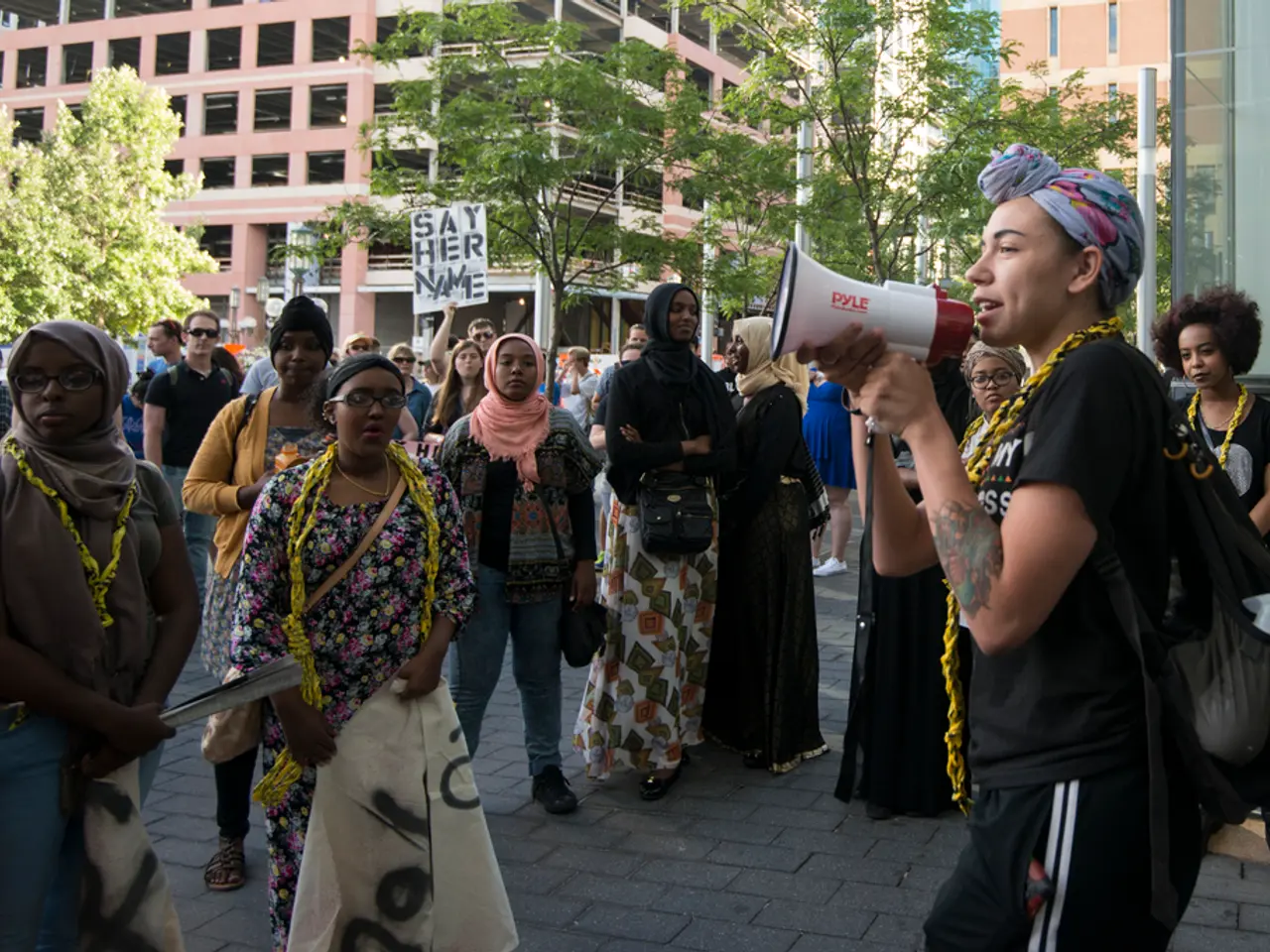Netanyahu's governing alliance collapses, leaving Israeli PM without key partner
The resignation of the Shas party from the Israeli government has added a new layer of complexity to the ongoing dispute over military conscription for ultra-religious men in Israel. This decision, made by Interior Minister Moshe Arbel and Health Minister Uriel Buso, among others, leaves Prime Minister Benjamin Netanyahu with a minority coalition, potentially leading to increased political instability.
The Shas party's departure does not signal an immediate intention to topple the government, but it does open the door for a series of potential outcomes. One such scenario is a government that operates as a minority, struggling to pass legislation or maintain a stable majority in the Knesset.
Another possibility is that Netanyahu will engage in negotiations to address the grievances of Shas and other ultra-Orthodox parties. This could involve compromises on conscription laws, potentially resolving the current crisis and allowing the ultra-Orthodox parties to rejoin the governing coalition.
The opposition's failed attempt to force a new election in June has left the door open for persistent instability. If the government cannot function effectively, early elections could be on the horizon. This could be a turning point, especially if other parties, such as United Torah Judaism, also decide to exit the coalition over similar issues.
The stance of other coalition partners, such as Religious Zionism and Yisrael Beiteinu, could be crucial. If these parties also threaten to leave due to different disputes, Netanyahu's government might collapse.
Arye Deri, the head of Shas, remains in Netanyahu's security cabinet, offering a glimmer of hope for maintaining some level of cooperation and stability within the government. However, this also reflects the ongoing internal divisions within Shas regarding their involvement with the government.
The Supreme Court has previously ruled that ultra-orthodox men must be drafted into the military, a decision that has been met with resistance from many in the ultra-Orthodox community. Most ultra-Orthodox Jews view military service as a threat to their religious lifestyle due to the co-ed nature of service.
The army has warned of a severe shortage of combat soldiers, exacerbated by the long war against the Islamist Hamas in the Gaza Strip. This shortage could be further compounded by the growing number of ultra-Orthodox men ignoring draft notices sent by the army.
Prime Minister Netanyahu will likely use the three-month summer recess of parliament to resolve the crisis with the ultra-Orthodox parties. The outcome of these negotiations could shape the future of Netanyahu's coalition and Israel's military conscription policies.
The Shas party's departure could lead to intense policy-and-legislation negotiations about military conscription for ultra-religious men, given the ongoing dispute in Israel's politics. In the general-news landscape, this potential resolution could influence the stability of the coalition, potentially affecting the passage of legislation or the maintenance of a majority in the Knesset.






